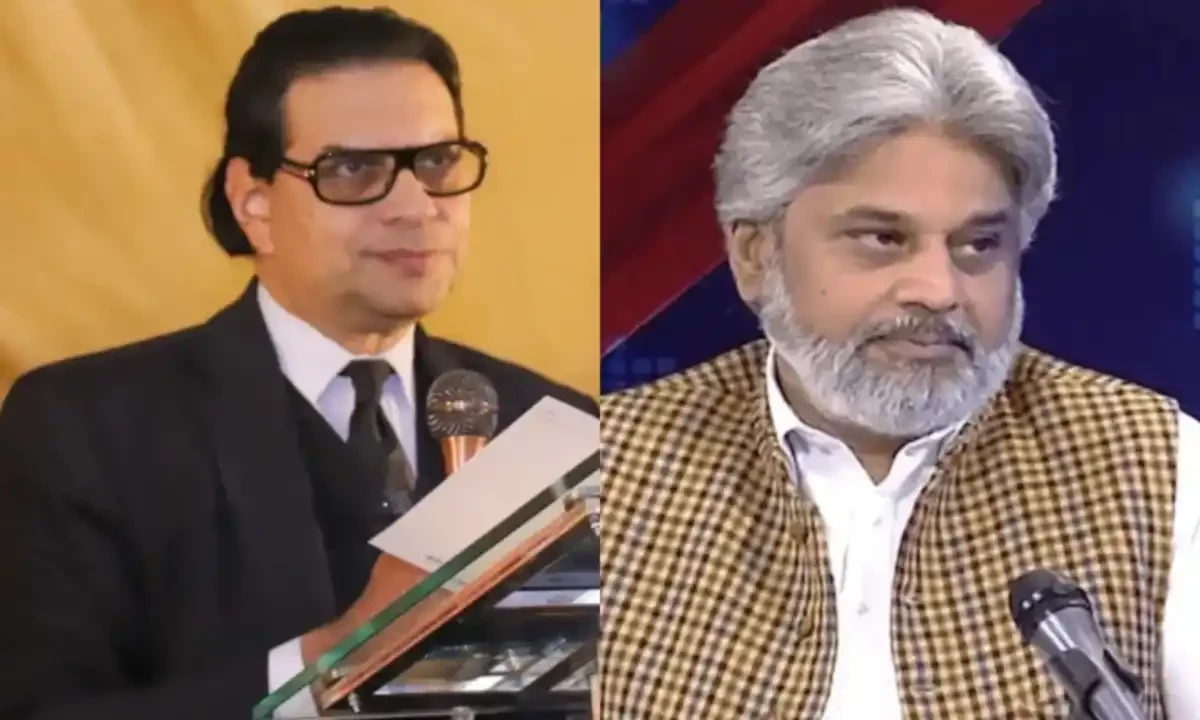In a major setback for the Pakistan Tehreek-e-Insaf (PTI), lawyer Salman Akram Raja and religious leader Sahibzada Hamid Raza resigned from their positions within the party following the failure of the Islamabad march to secure the release of jailed former Prime Minister Imran Khan.
The resignations came after PTI’s much-anticipated march on November 24, which aimed to push for Khan’s release and the restoration of democracy, ended in disappointment. Despite facing roadblocks and internet disruptions, thousands of PTI supporters reached Islamabad for the protest, but the march ultimately fell short of its objectives.
During the three days of protests, at least six people, including a police officer and three Rangers personnel, were killed, according to hospital sources and officials. The violence and unrest culminated in the third time the PTI had to call off its protest after reaching the capital.
Reports indicated that PTI leadership, particularly in Punjab, had expressed concerns over the low turnout at rallies and gatherings leading up to the Islamabad march. This lack of support raised questions about the party’s organizational strength and its ability to mobilize its base effectively.
Raja, the PTI Secretary General, resigned following the party’s underwhelming rally in Lahore. Although Raja had been tasked with leading the Islamabad effort, he faced difficulties in rallying significant support in Lahore due to road closures. Despite devising a strategy to shift the protest to Lahore, his attempts to galvanize the party’s workers in the city were met with limited success, highlighting a lack of enthusiasm within the ranks.
Sahibzada Hamid Raza, leader of the Sunni Ittehad Council, also resigned from his roles within PTI. Raza stepped down from the Core Committee and the political committee, and sources confirmed he will resign from his position as a member of the National Assembly. His resignation will be formally submitted after a meeting with PTI leadership.
On the third day of protests, PTI leaders, including Bushra Bibi and Khyber Pakhtunkhwa Chief Minister Ali Amin Gandapur, advised protesters to return home, signaling a retreat from the march’s original objectives. This marked a dramatic shift in strategy as the party sought to defuse the situation.
Amid the clashes, security forces arrested numerous protesters as they worked to clear the roads around Jinnah Avenue and the Blue Area. The exact number of detentions remains unclear. Police deployed a heavy presence along Jinnah Avenue, switching off street lights to maintain order, as demonstrators dispersed and moved toward Faisal Avenue, where authorities had previously set up barriers to block access.










